The Independent's journalism is supported by our readers. When you purchase through links on our site, we may earn commission. Why trust us?
11 best creams for psoriasis, as recommended by a dermatologist
Dr Armstrong reveals the ingredients and formulas to turn to

Finding a cream that actually helps with psoriasis can make a real difference. Whether your skin is inflamed, sensitive, or just uncomfortable, the right skincare product can calm irritation and leave your skin feeling more comfortable and cared for.
Thankfully, the skincare industry has come on leaps and bounds since the days of porridge baths. Oat soaks aside, pharmaceutical brands such as La Roche-Posay and Bioderma now offer those with psoriasis a simpler and more accessible approach to targeted skincare – from body lotions to soothing face treatments.
Naturally, with psoriasis being an immune-related skin condition (versus an environmental one, such as sunburn or contact dermatitis) we wanted to bring you topical recommendations from the top down. As such, we got granular about all things psoriasis with a dermatologist with more than 15 years experience. We talking ingredients, causes and more – keep scrolling to find out what they had to say.
Meet the expert
Dr Cherry Armstrong is a GP dermatologist and medical director of her own Harley Street skin clinic, No. 23 Skin. She qualified from London’s Royal Free Hospital before training in surgery, general practice and dermatology – the latter of which she now teaches at GP and nurses forums. She has now worked in the dermatology field for more than 15 years.
What is psoriasis and how is it treated?
“Psoriasis is a chronic, immune-mediated inflammatory skin disease,” explains Dr Armstrong. “It’s caused by rapid turnover of skin cells due to an overactive immune response,” which leads to “thickened, scaly patches on the skin’s surface”.
In terms of treatments, Dr Armstrong says creams, moisturisers and emollients “protect and maintain the barrier function of the skin surface and trap moisture in – this is an important and crucial part of the treatment of psoriasis”.
As for the formulas she recommends, she says to look out for key ingredients such as hyaluronic acid, shea butter and urea. Keep scrolling for her full list of dermatologist-approved creams.
1Aveeno cream moisturising lotion

- Type Body moisturiser
- Hypoallergenic Yes
- Fragrance-free Yes
- Cruelty-free No
“When you have active psoriasis, emollients, which are thick and hydrating, such as creams and ointments, are so much better than lotions,” Dr Armstrong explains. Describing the appeal of Aveeno’s colloidal oatmeal formula, she praises the inclusion of glycerin as it “draws moisture into the skin, keeping it hydrated”.
Other key ingredients included within the formula are allantoin – a soothing, humectant moisturiser – and distearyldimonium chloride, which acts to condition and smooth.
2CeraVe moisturising cream for dry to very dry skin
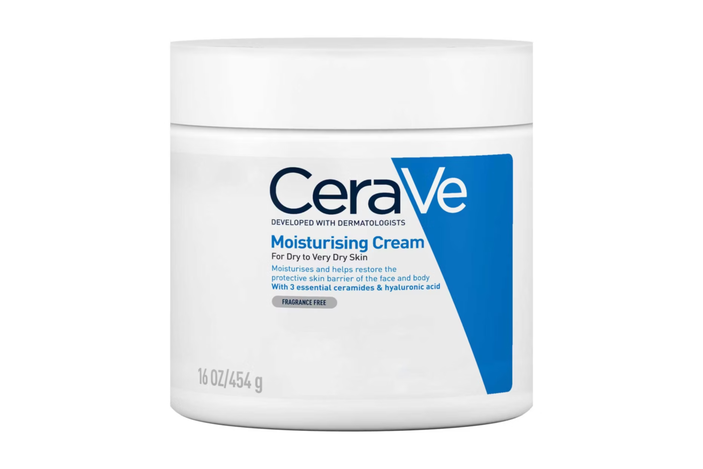
- Type Face and body moisturiser
- Hypoallergenic Yes
- Fragrance-free Yes
- Cruelty-free No
Describing how fragrances and perfumes “can irritate sensitive skin”, Dr Armstrong recommends CeraVe’s unscented moisturising cream. She likes it for its inclusion of hyaluronic acid, which “retains water in the skin, preventing dryness”.
Not only is the cream affordable for its generous 454g size, it also features three essential ceramides to nourish, plus the brand’s unique multivesicular emulsion, which ensures a gradual, dosed release of moisture for all-day hydration.
3Udrate urea 10% lactic acid 5% cream

- Type Body moisturiser
- Hypoallergenic Undisclosed
- Fragrance free Yes
- Cruelty-free Undisclosed
A more pharmaceutical suggestion, Dr Armstrong cites urea – when included in low concentrations – as a good ingredient for psoriasis sufferers, given how it “hydrates and softens thickened skin”. The formula also contains lactic acid – which Dr Armstrong notes “gently exfoliates and hydrates skin” – as well as glycerin and anti-inflammatory shea butter.
4Eucerin advanced repair cream

- Type Cream for body, hands and feet
- Hypoallergenic Yes
- Fragrance-free Yes
- Cruelty-free Yes
In a hefty 454g pot, with everything from urea and glycerin to shea butter included, Eucerin’s advanced repair cream comes recommended thanks to its ceramide-enriched formula.
According to Dr Armstrong, ceramides work to “help restore the skin barrier and lock in moisture”. She adds that it’s “important to look for ingredients that soothe inflammation, reduce scaling, and repair the skin barrier”, which this cream promises to do.
5La Roche-Posay cicaplast baume B5+
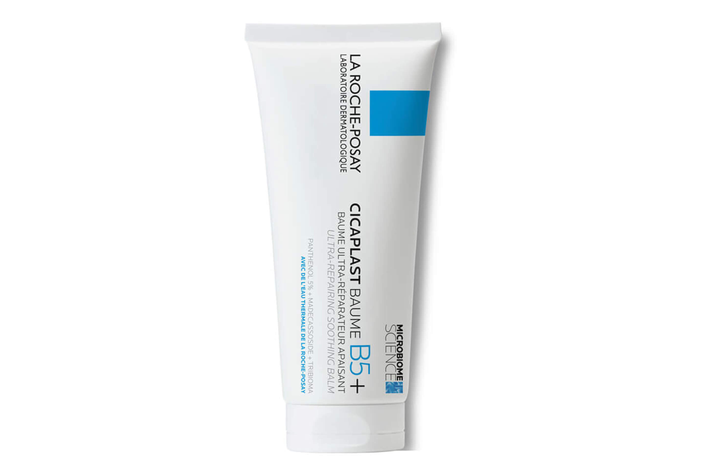
- Type Facial repair balm
- Hypoallergenic Yes
- Fragrance-free “Minimal” fragrance
- Cruelty-free No
Another recommendation from Dr Armstrong thanks to the inclusion of ceramides, this time for use on the face, La Roche-Posay’s cicaplast baume is a fan favourite with skincare buffs. It uses vitamin B5 to heal, soothe inflammation, work against the signs of ageing and maintain a healthy skin barrier. Not to mention it’s a multipurpose balm and can be used on chapped lips.
6Bioderma hydrabio moisturising cream
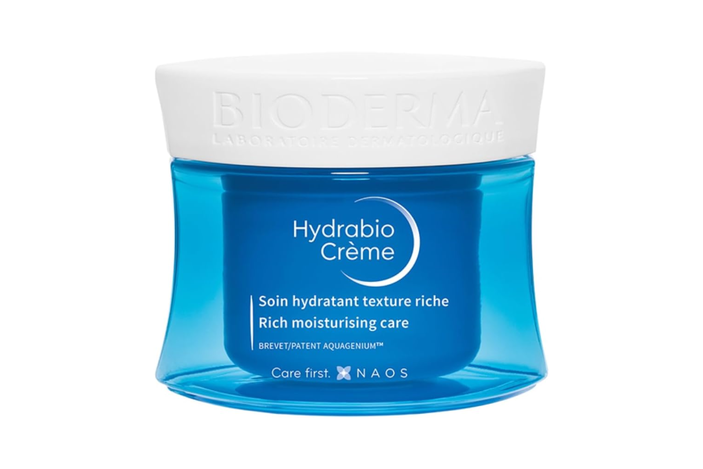
- Type Face cream
- Hypoallergenic Yes
- Fragrance-free No, “light” fragrance
- Cruelty-free Not certified, though the brand doesn’t test its products on animals
The key ingredient in Bioderma’s hydrabio moisturiser, specifically for those with psoriasis, is salicylic acid. Dr Armstrong tells us that, as a treatment, salicylic acid is “a keratolytic agent [keratin softening] that removes scales and reduces plaque thickness”. The cream also features glycerin, oil-balancing niacinamide and hyaluronic acid, making it a real all-rounder.
7Kiehls ultra facial cream
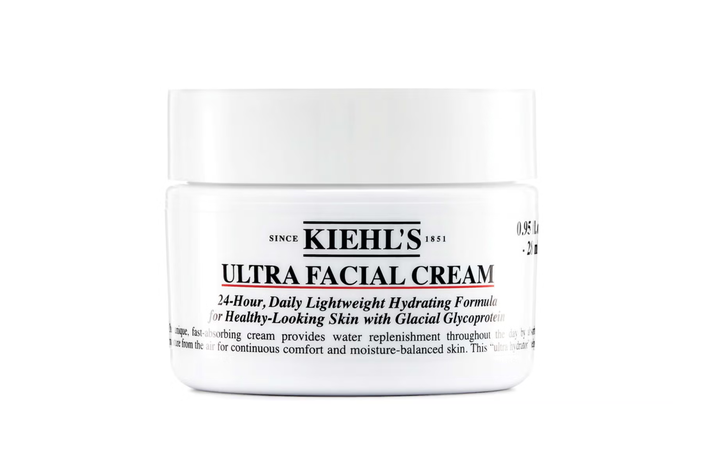
- Type Face cream
- Hypoallergenic No
- Fragrance-free Yes
- Cruelty-free No
A slightly more premium option, and one that includes the same colloidal oatmeal as the Aveeno cream above, Dr Armstrong recommends Kiehl’s ultra facial cream because the oatmeal provides “soothing relief from itchiness and irritation”. The formula also contains antioxidant squalane, skin texture-remedying avocado oil and salicylic acid.
8Neutrogena hydro boost water gel face moisturiser with hyaluronic acid for dry skin
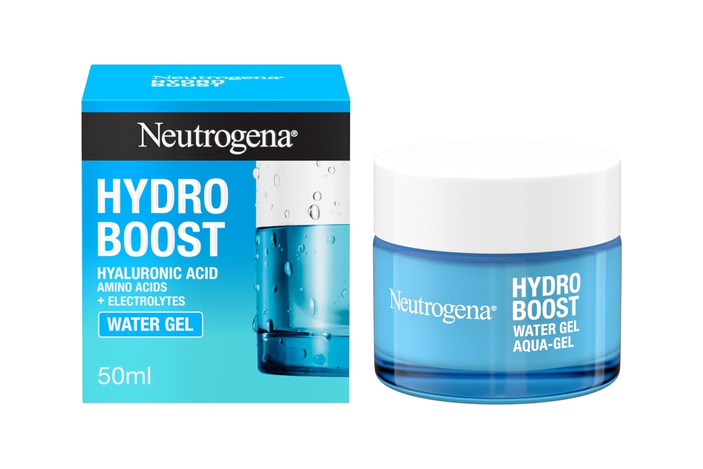
- Type Face moisturiser
- Hypoallergenic Yes
- Fragrance-free No
- Cruelty-free No
According to Dr Armstrong, this affordable Neutrogena moisturiser is an effective facial moisturiser for those with psoriasis, owing to the inclusion of aloe vera in the formula. Dr Armstrong says the ingredient “reduces irritation and helps with skin healing”. Not only is this product packed with aloe vera, you’ll also reap the benefits of the included glycerin.
9L’Occitane shea ultra rich body cream

- Type Body cream
- Hypoallergenic Yes
- Fragrance-free No
- Cruelty-free No
A cult moisturising classic even outside the realms of psoriasis, L’Occitane’s shea ultra rich body cream is ‘skindulgence’ in a tin and Dr Armstrong says it’s a great pick for those with skin concerns. It’s rich in shea butter, which “hydrates and soothes dry, irritated skin”. Granted, it’s a touch more expensive, but a little goes a long way with this cream.
10Palmer’s nourishing cocoa butter formula for rough, dry skin

- Type Body butter
- Hypoallergenic No, but there is a fragrance-free and hypoallergenic version
- Fragrance-free No
- Cruelty-free No
The affordable alternative to L’Occitane’s shea cream, Palmer’s cocoa butter balm is equally as nourishing; though, you might be surprised to discover it’s not its cocoa butter inclusion that piques Dr Armstrong’s interest. While the cocoa butter certainly aids inflammation and improves symptoms of psoriasis, it’s actually the inclusion of vitamin E that makes this formula stand out from the crowd. According to Dr Armstrong, it “protects skin from oxidative stress and helps with healing.”
11Clinique moisture surge 72 hour auto-replenishing hydrator
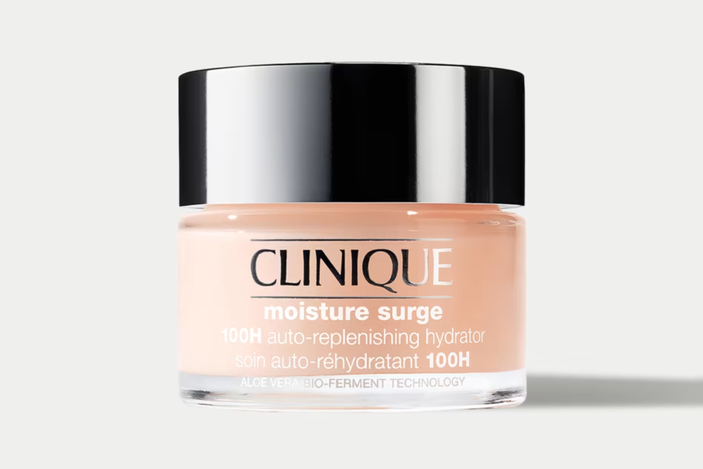
- Type Face moisturiser
- Hypoallergenic “Allergy tested"
- Fragrance-free Yes
- Cruelty-free No
Clinique’s moisture surge hydrator landed a spot in our guide to the best moisturisers for oily skin and, with green tea extract featured on its impressive roster of ingredients, it makes for a great psoriasis-friendly facial cream, too. Dr Armstrong describes how the inclusion of green tea extract “reduces inflammation and protects the skin”, which works alongside glycerin, hyaluronic acid and aloe vera to smooth and soothe psoriasis-prone areas.
Your questions on psoriasis answered
How does psoriasis present itself?
Psoriasis is “characterised by the development of erythematous, indurated, scaly, sometimes pruritic, and often painful skin lesions,” explains Dr Armstrong. But, what does this mean? Well, essentially it translates to red, thickened, scaly, sometimes itchy, and often painful skin lesions. “These lesions, known as plaques, commonly appear on the elbows, knees, scalp, and lower back, but can affect any part of the body.”
What causes psoriasis?
While “the exact cause of psoriasis is not fully understood”, psoriasis is a product of rapid cell turnover. It can be a “combination of genetic and environmental factors, with the latter elements including (but not limited to) infections, stress, skin injuries, and certain medications”, notes Dr Armstrong.
Do steroid creams help psoriasis?
In short, yes. “They work by reducing the inflammatory response caused by the overactive immune system. Therefore, they reduce redness, swelling and discomfort of itching and irritation,” she notes, before adding that steroid creams work to reduce cell turnover and minimise scaling.
What does coal tar do for psoriasis?
It “reduces scaling, itching and inflammation,” says Dr Armstrong and, for those experiencing symptoms of psoriasis around their scalp, she recommends Neutrogena T Gel shampoo (£10.49, Lookfantastic.com) with coal tar extract. For coal tar body treatments, she’d recommend Exorex lotion (£16.99, Amazon.co.uk), which features a minimal and transparent ingredients list, including no less than five per cent coal tar solution.
Can you use soap with psoriasis?
“Traditional soaps can worsen psoriasis,” explains Dr Armstrong, because they “can contain harsh detergents, fragrances and preservatives that can strip the skin of its natural oily barrier, which is protective” and, therefore, cause dryness and irritation. Instead, she recommends soap substitutes such as a Cetraben wash (£7.99, Boots.com).
On a skincare deep dive? Why not explore how much SPF you should be using every day, even in winter
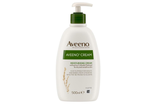
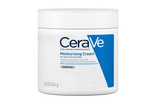


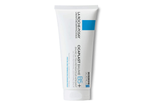
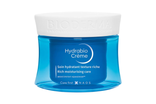
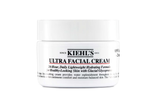
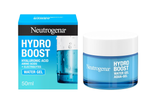


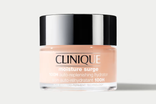
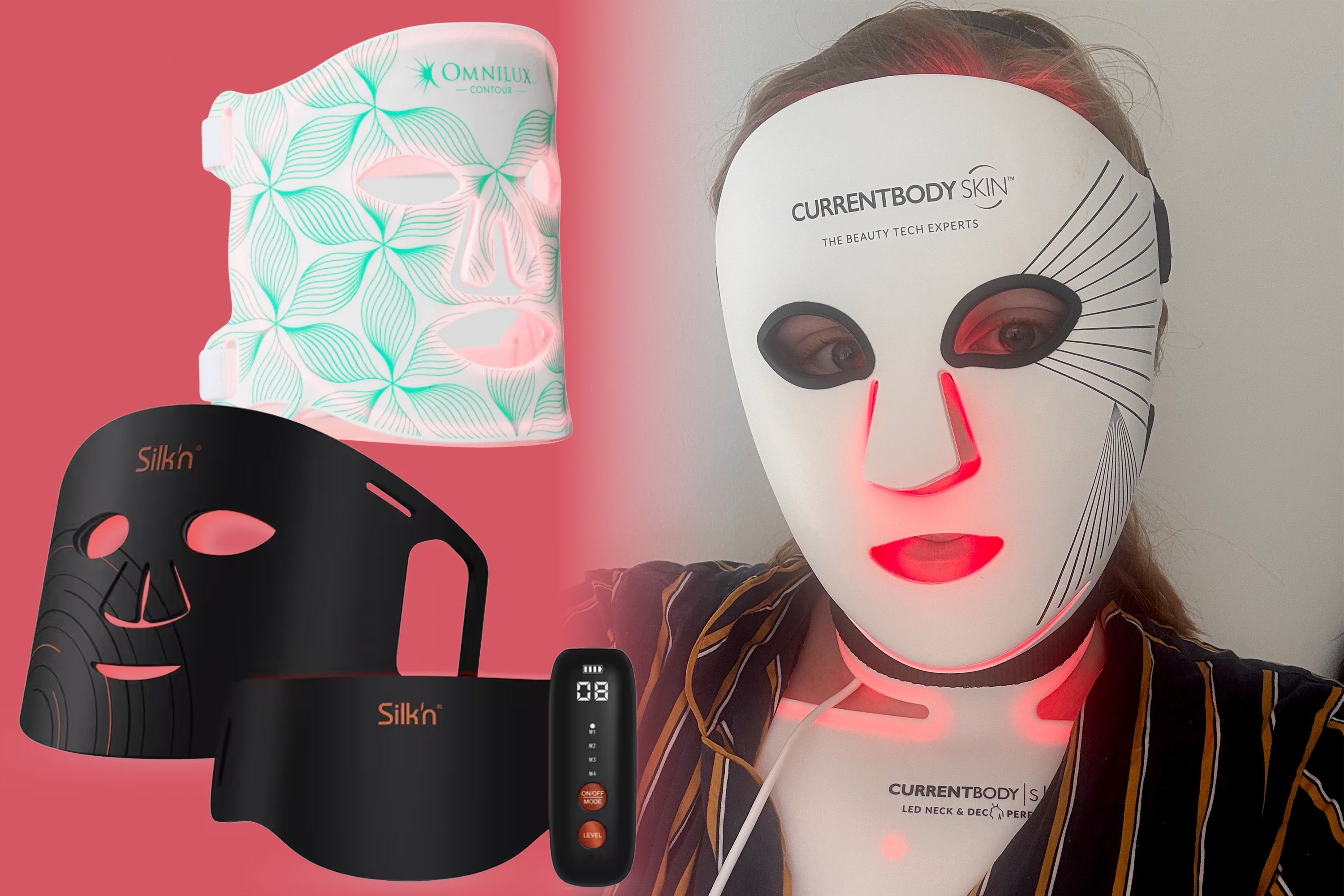
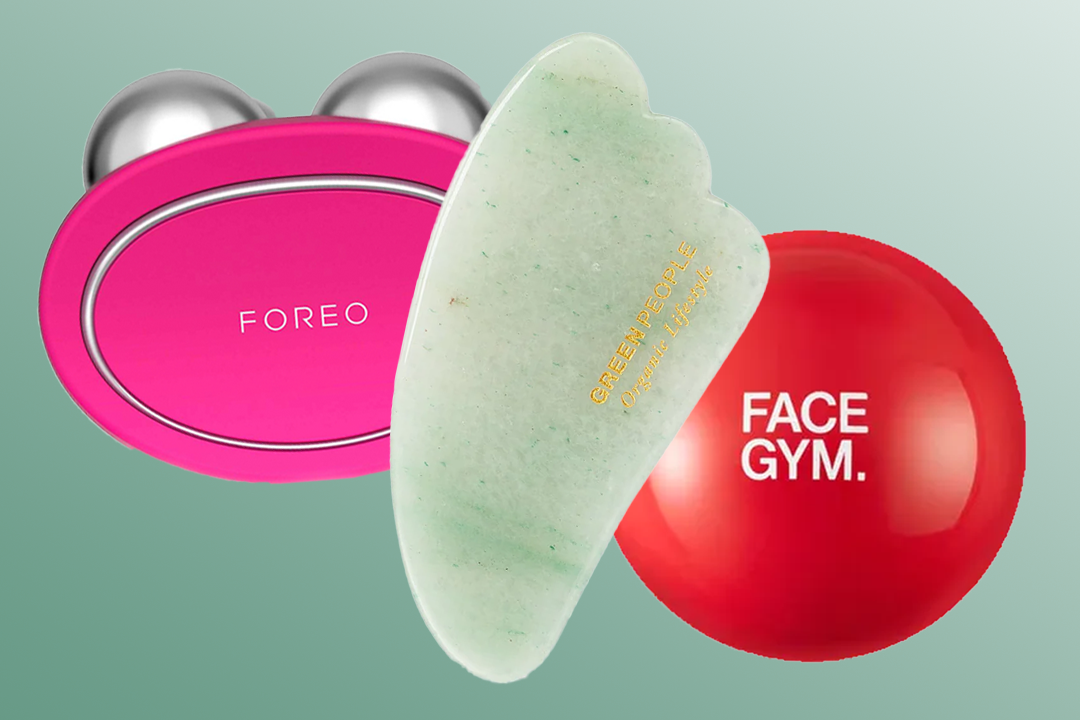
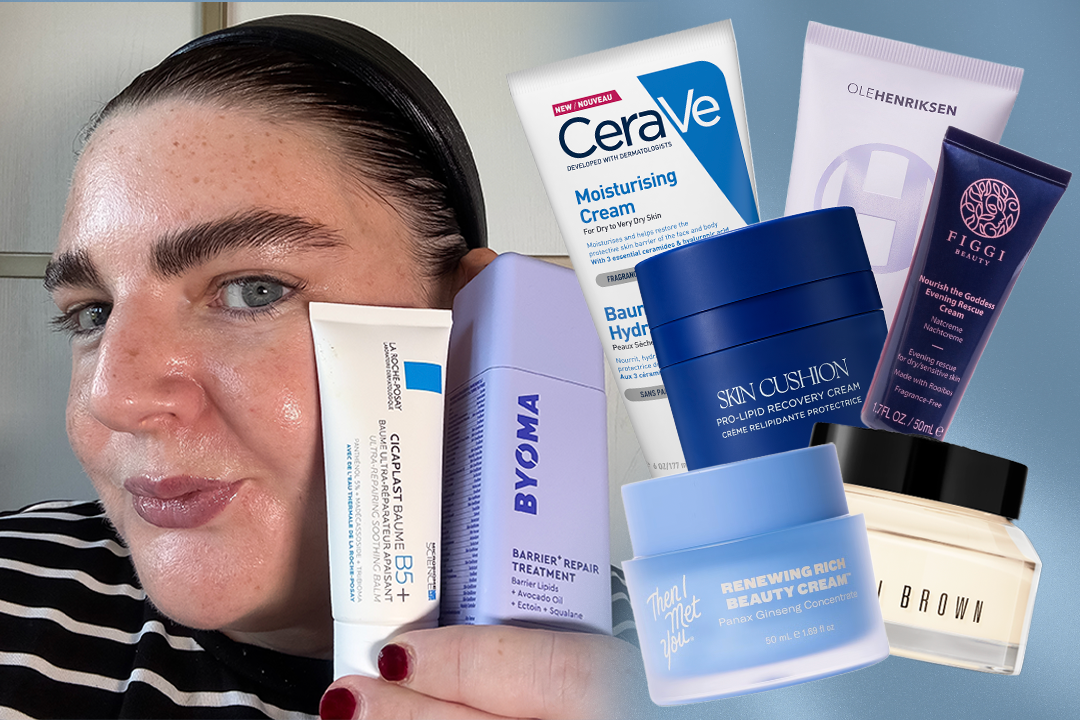

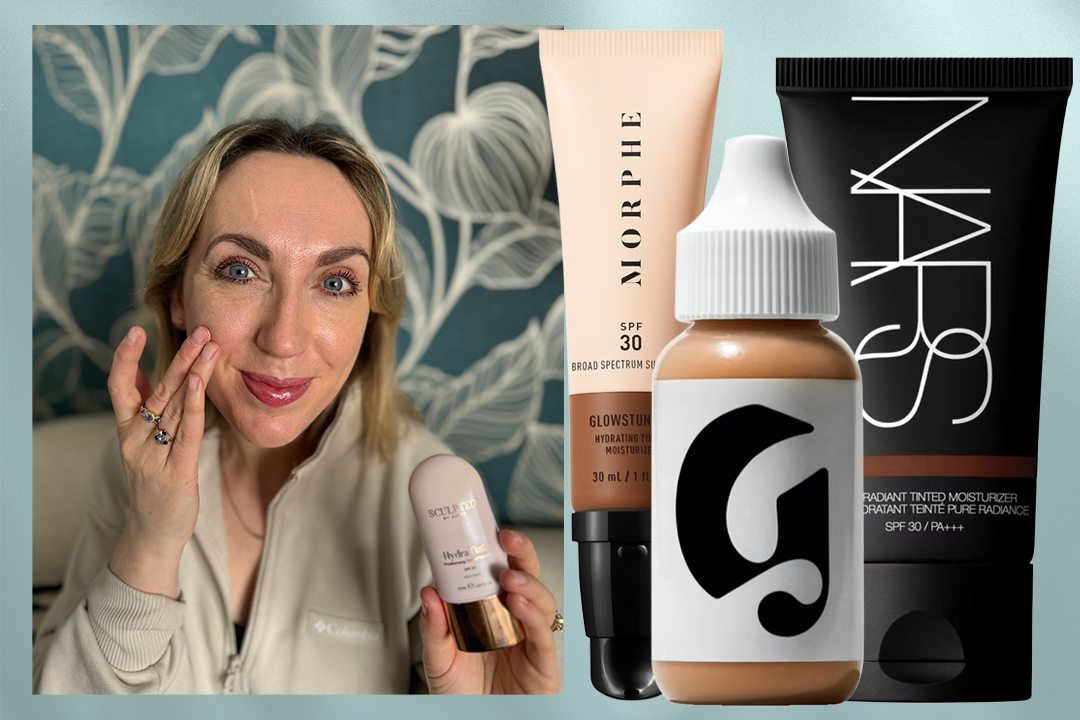
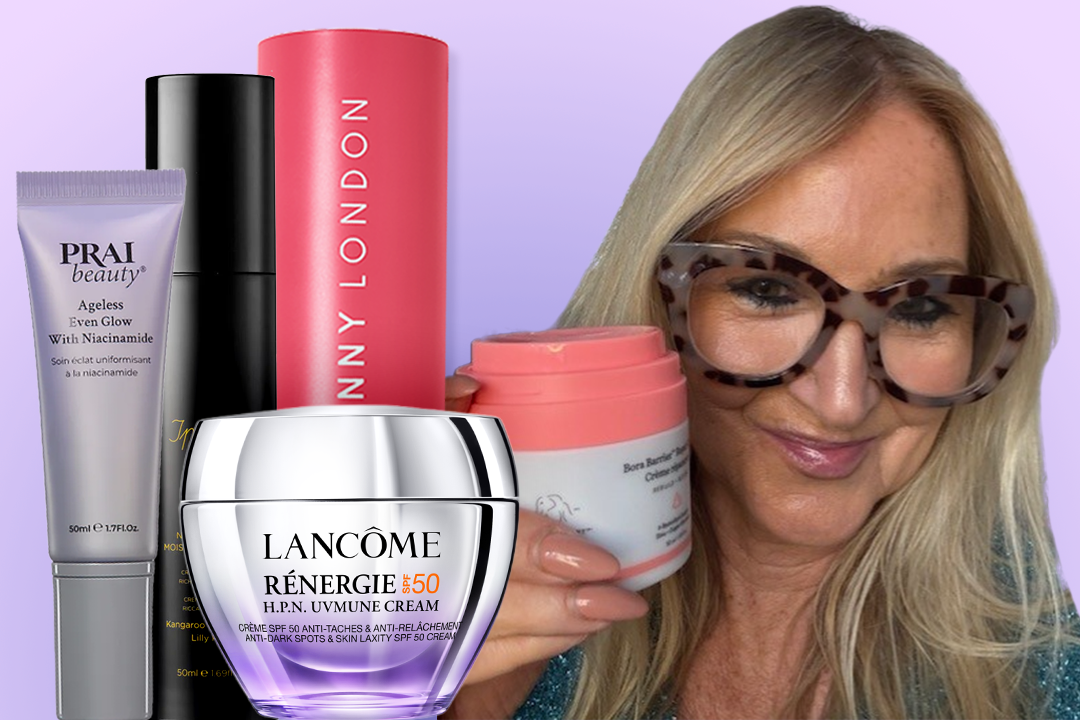
Bookmark popover
Removed from bookmarks